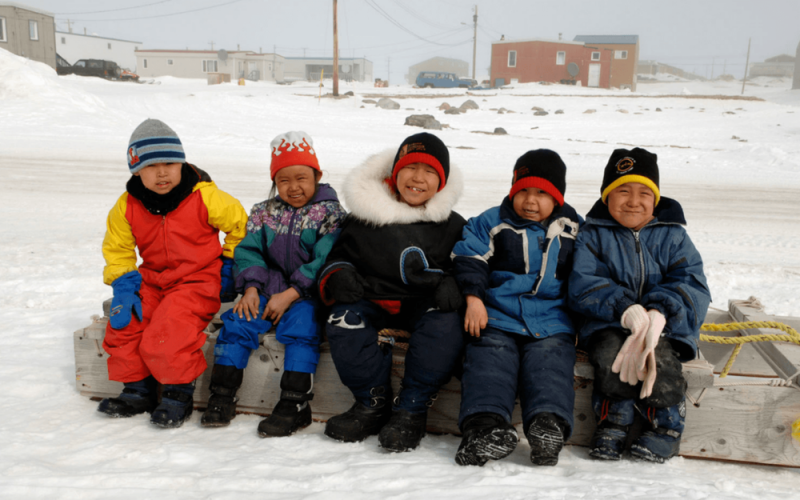
As a little girl, my parents taught me a simple lesson that has been an anchor for my soul and a driving force behind my efforts to be a champion for children.
It goes like this: Children don’t choose the circumstances they are born into, but we all have a role to play in raising them and helping every child succeed. They taught me this lesson not through their words, but through their actions. They modelled what it looks like to be the village.
Whether it was opening our home to a family of refugees following the Sea Sweep operation in 1979, spending Christmas Eve delivering Toronto Star gift boxes to inner city kids, or showing up at the local soup kitchen on a Sunday afternoon, they taught me the profound lesson that we all play a role in keeping kids safe and giving them a healthy start in life. Perhaps even more importantly, they taught me that these weren’t acts of charity, but social justice. As members of the human race, we are all bound to one another and our wellbeing is intertwined; we have a sacred duty to care for one another’s children.
That lesson is weighing on my mind today as I set foot for the first time in Northern Canada. I am honoured to be spending the next few days in Nunavut, taking part in the Arctic Conference on Maternal and Paediatric Challenges. Frontline professionals from across the North are gathering in Iqualuit to discuss the latest research on the health and wellbeing of mothers and kids, and to explore opportunities to strengthen our capacity to serve them more effectively through evidence based public policy making and advocating for their rights.
Through no fault of their own, children in the North simply don’t get the same shot at life as their peers in other parts of Canada due to structural and systemic barriers. The Raising Canada report on the health and wellbeing of Canada’s children published by Children First Canada and the O’Brien Institute for Public Health at the University of Calgary, revealed shocking statistics for kids from coast to coast to coast, but the results for children in the North were particularly unsettling.
It begins in the early days of life, when maternal health is compromised due to inadequate nutrition and prenatal care. Overall, Canada has one of the worst infant mortality rates amongst OECD countries, but in Nunavut the rates are three times higher than the national average. Child poverty rates are also higher, with more than 20 percent of Inuit children growing up in low income households and experiencing food insecurity and inadequate housing.
Children in Northern Canada also face steeply higher rates of mental health concerns. The rate of suicide among the four Inuit regions ranges from 5 to 25 times the national rate, and in the period between 2004–2008, children and teenagers in Inuit Nunangat were more than 30 times as likely to die from suicide as were those in the rest of Canada (Source: Breaking point: The suicide crisis in Indigenous Communities. A Report of the Standing Committee on Indigenous and Northern Affairs).
Children and youth in the North also grapple with the impacts of intergenerational trauma as a result of the legacy of residential schools, in which children experienced physical, emotional, and sexual abuse, along with the separation from their families.
As a mother, as an advocate for children, and as a Canadian citizen, I find it deeply disturbing that there are such vast inequities for kids in our country. It is a moral issue, and it also has stark economic costs. Not only do these children experience the daily impacts to their quality of life, their ability to grow up and live healthy productive lives is also in jeopardy.
It was through the Raising Canada research that the idea emerged that it takes more than a village to raise a child; it takes a nation to raise a nation. Canada is far from being a world-leading country for kids; we rank 25th amongst 41 OECD countries for the wellbeing of children according to UNICEF. If we truly want to become a great place to raise a child, we need to act individually and collectively to make that possible.
Children grow up in families and communities, and they are the very bedrock of our society. So much of the care and support that they require to survive and thrive depends on the ability of their family to provide those resources, and families need support to be able to fulfill that sacred duty. Whether it is access to adequate housing, food security, clean water or good quality health care and education, the social determinants of health that are necessary for kids to get a healthy start in life depend on support from our municipal, provincial/territorial and federal governments. We need evidence based public policies and adequate financial resources that truly put children first.
Through my role as Founder and CEO of Children First Canada, I am proud to be a part of a national movement to make Canada the best place in the world for kids to grow up. Today, I’m also proud to stand alongside my peers who are working on the frontlines of caring for mothers and kids across the Arctic. I am eager to learn firsthand the challenges that they face in providing equitable care, and to work together to stand up for these children. Together, we can make sure that every child not only gets the chance to survive, but also thrive.
To learn more about the health and wellbeing of Canada’s children and how you can play a role in Raising Canada, please visit: www.childrenfirstcanada.com

